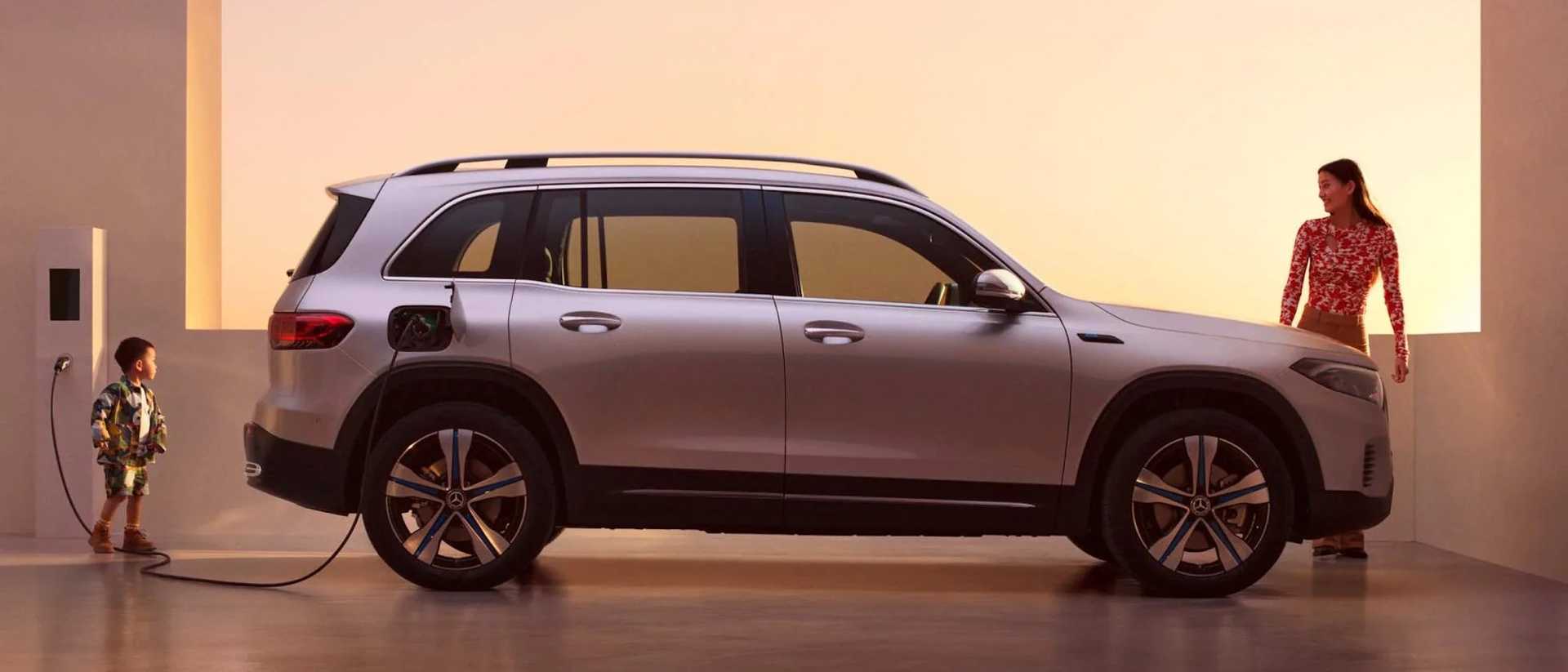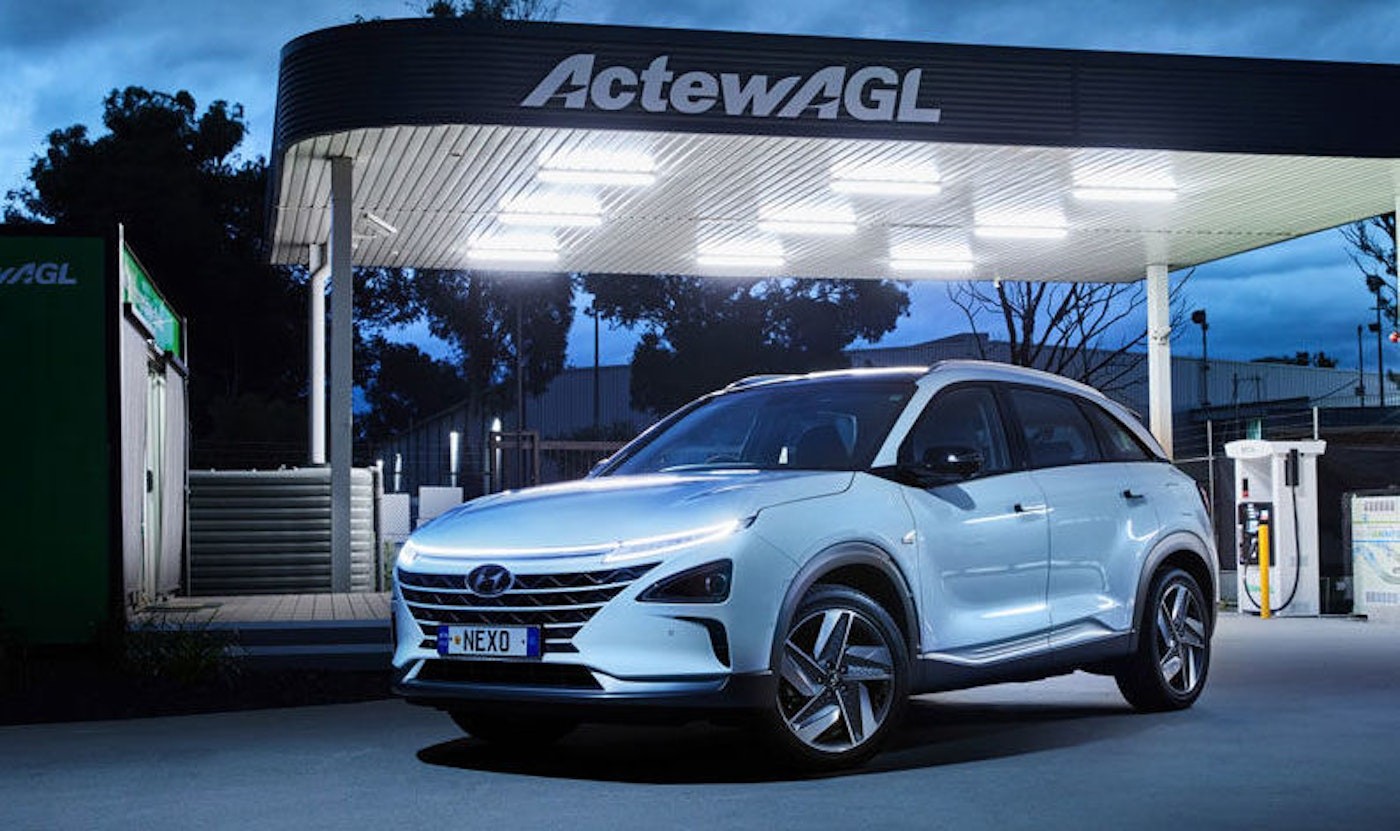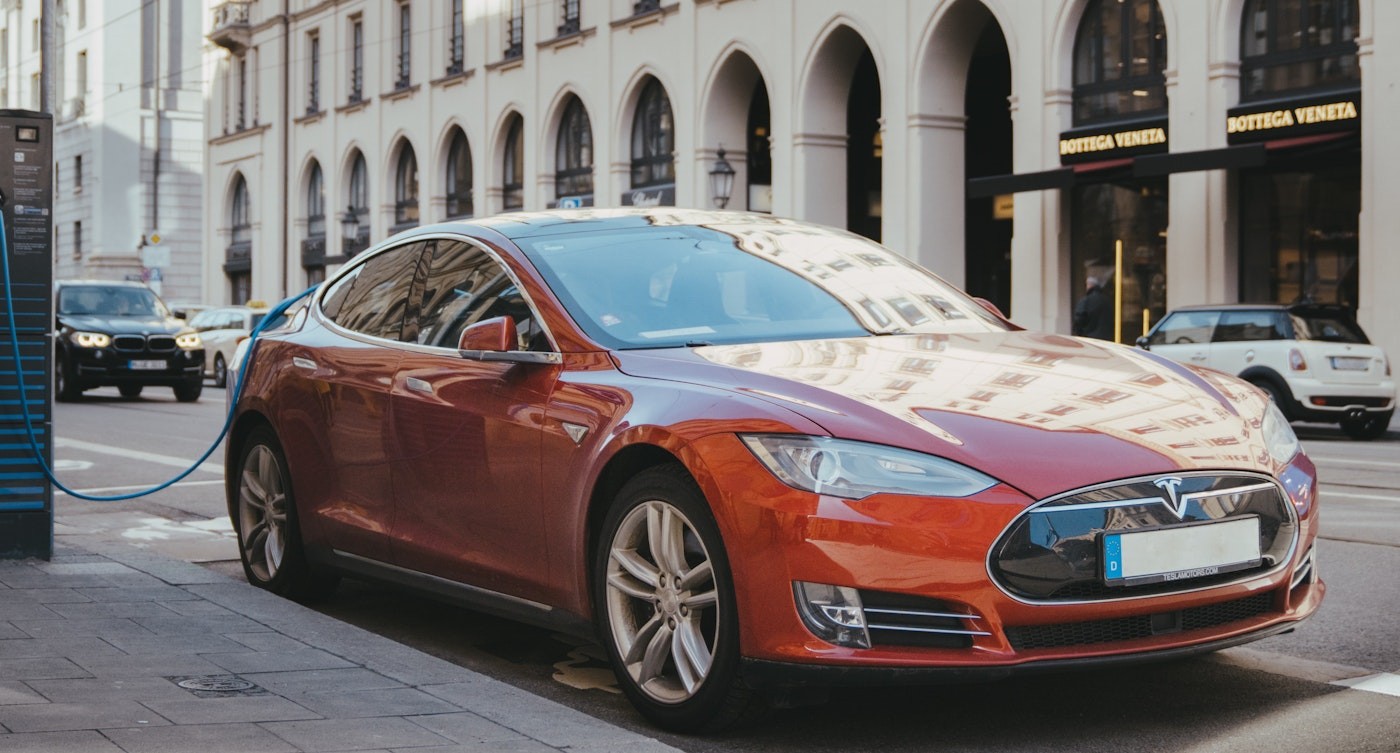Hydrogen vs. Electric Cars - What’s The Difference?

With the increasing concern for the environment and the need for a cleaner mode of transportation, there has been a rise in the popularity of alternative fuel vehicles, particularly hydrogen and electric cars.
What are Hydrogen Cars?
Hydrogen cars are vehicles that use hydrogen as their main fuel source. They work by combining hydrogen and oxygen in a fuel cell, which generates electricity to power the car's motor. Unlike traditional gasoline-powered vehicles that emit harmful pollutants, hydrogen cars emit only water vapour, making them a cleaner alternative for transportation.
The hydrogen for these cars is stored in high-pressure tanks and is refilled at hydrogen fueling stations, much like gasoline cars are refuelled at gas stations. The refuelling process is quick, taking just a few minutes.
Despite its potential benefits, the development and deployment of hydrogen cars are still in their early stages and face several challenges, such as limited infrastructure for refuelling and high costs. However, as technology continues to evolve and improve, hydrogen cars could play an important role in the transition to a cleaner and more sustainable transportation system.

Pros and Cons of Hydrogen Cars
Pros:
- Refuelling: Refueling a hydrogen car is similar to refuelling a traditional gasoline car, taking just a few minutes.
- Range: Hydrogen cars have a longer range compared to electric cars, making it easier for drivers to travel longer distances without worrying about running out of fuel.
- Reduced Emissions: Hydrogen cars emit only water vapour and have the potential to reduce greenhouse gas emissions in the long term if hydrogen is produced from renewable energy sources.
Cons:
- Infrastructure: The infrastructure for hydrogen refuelling is still limited and mainly concentrated in specific regions, making it difficult for drivers to find refuelling stations when travelling.
- Cost: Hydrogen cars are still relatively expensive compared to traditional gasoline cars and electric cars, due to the high cost of production and lack of economies of scale.
- Production: Producing hydrogen can be energy-intensive and, currently, most hydrogen is produced from fossil fuels, which negates the environmental benefits of using a hydrogen car.

What are Electric Cars?
Electric cars are vehicles that are powered by electricity stored in batteries. They are charged by plugging into a charging station or into a regular electrical outlet at home. The electric motor in an electric car draws power from the batteries to drive the vehicle, emitting zero tailpipe emissions and producing no harmful pollutants.
One of the main advantages of electric cars is that they are environmentally friendly, producing significantly lower greenhouse gas emissions compared to traditional gasoline-powered vehicles.
Pros and Cons of Electric Cars
Pros:
- Zero emissions: Electric cars produce no tailpipe emissions, making them a clean alternative.
- Cheaper to operate: Electric cars are typically cheaper to operate compared to hydrogen cars, as electricity is often less expensive.
- Lower maintenance costs: Electric cars require less maintenance compared to hydrogen cars, as they have fewer moving parts.
- Government incentives: In encouraging the adoption of electric cars, incentives such as rebates, lane access, toll reduction and tax incentives are advantageous for EV owners
Cons:
Limited range: The range of an electric car is limited compared to hydrogen cars, and the range can be affected by factors such as temperature and driving conditions.
- Long charging time: Charging an electric car can take several hours, making it less convenient compared to refueling a hydrogen car.
- Dependent on charging infrastructure: The widespread use of electric cars is dependent on the availability of charging infrastructure, which can be a challenge in some areas.
- Battery costs: The cost of batteries is still a factor, and the replacement of batteries can be expensive.
Read more: 'The Top 10 Benefits Of Electric Vehicles'

Final thoughts
Hydrogen and electric cars are promising technologies that offer a cleaner and more sustainable alternative to gasoline-powered vehicles. Hydrogen cars have the advantage of a more extended range and quick refuelling but are limited by the limited availability of hydrogen and high production costs. Electric cars are less expensive to operate, have lower maintenance costs, and produce zero emissions, but they have a limited range and may take longer to charge.
Both hydrogen and electric cars have advantages and disadvantages, and the choice will depend on individual preferences and priorities, such as range, refuelling/charging time, and upfront costs. Government incentives can also play a role in encouraging the adoption of electric vehicles. Ultimately, the development and widespread use of hydrogen and electric vehicles will help reduce greenhouse gas emissions and promote sustainability.
If you’re looking to purchase an electric vehicle, Driva can help alleviate the stress of comparing electric car finance and lender options. Within minutes you can get personalised EV loan quotes with no impact on your credit score and peace of mind that you’re getting the best rate when we compare 30+ lenders for you.
.jpeg?ixlib=gatsbyFP&auto=compress%2Cformat&fit=max&rect=0%2C0%2C800%2C800&w=500&h=500)



